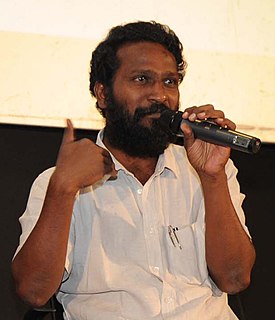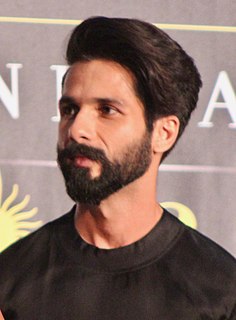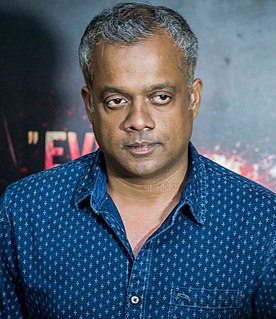A Quote by Trevor Rabin
I will be doing a film called Whispers, for Disney. It's about elephants, and doesn't have any people in it. It will be a live action film - I don't know how much I can say about it, since I still don't know too much about it.
Related Quotes
I won't call my work entertainment. It's exploring. It's asking questions of people, constantly. 'How much do you feel? How much do you know? Are you aware of this? Can you cope with this?' A good movie will ask you questions you don't already know the answers to. Why would I want to make a film about something I already understand?
I don't come from a film background. I haven't learned anything about films or film-making. But I have a thirst to know everything about my profession. I want to learn about cinematography, about editing, about music recordings, about post-production. So when people in the know talk, I willingly listen.
Not many people know my father was an actor. He was the Artful Dodger in 'Oliver!,' and was in a film called 'Frauds,' too. It's interesting talking to him about acting, how much you can get turned down, and how not to take that as a discouragement. It's nice to have that element to relate to for us both.
Film team kept me very, very shielded when I was that young, because of course, I was seven years old. You know, you're still kind of reading. It's still kind of like, "Cat." "Dog." "Ann jumped over fence." So I guess in a way it helped me progress in school, too, because I was reading so much and memorizing so much. But they kept me very shielded from everything that was going on in the The Amityville Horror. I didn't know anything, basically, about the film. I just knew that it was a scary film. I wasn't allowed to watch it. I can watch it now, I'm just too scared.
When industry people see something different they don't know what to do with it, so filmmakers who make films about women, they kind of fall through the cracks. If a woman filmmaker makes film about war, like [Kathryn] Bigelow, they say "Okay, this is a war film, it has ninety percent men in it, we know what to do with it." But then she still gets attacked for not doing it properly. [...] But even though it bothers me I don't want to dwell on the sex and gender thing.
I know I have a reputation that is not so flattering, but I guess I owe it to just being a private person. I don't mean anyone harm, and I'm not being mean. I just don't socialise much; I don't party too much. I don't know what to say to the media if I'm not talking about a film that I am doing, so yeah, maybe I am perceived as a snob.




































